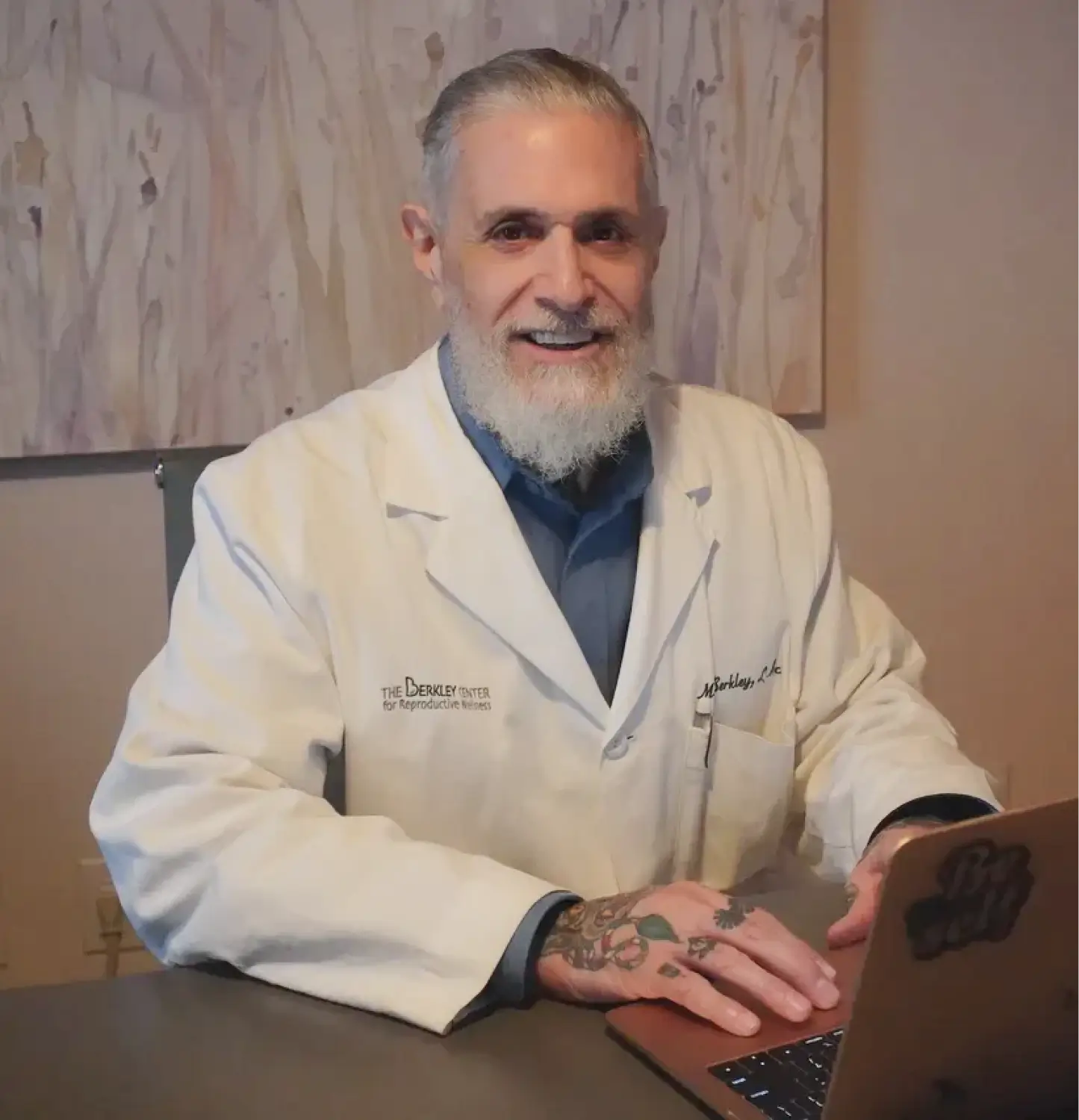Omnitrope is a synthetic form of human growth hormone (hGH), known as somatropin, produced using recombinant DNA technology. In the context of in vitro fertilization (IVF), it is sometimes used as an adjunctive therapy to potentially enhance ovarian response and improve outcomes, particularly in women with poor ovarian reserve, advanced reproductive age, or a history of suboptimal response to standard stimulation protocols. While not FDA-approved specifically for IVF, its off-label use is based on its physiological effects on ovarian function and reproductive processes.
Omnitrope’s primary role in an IVF protocol is to support follicular development, improve oocyte (egg) quality, and enhance the uterine environment for embryo implantation.
It is typically administered to:
It is often prescribed for women over 38, those with diminished ovarian reserve, or individuals who have previously had poor IVF outcomes, though some studies suggest benefits even in women without these conditions.
Omnitrope exerts its effects through both direct and indirect mechanisms involving growth hormone (GH) and insulin-like growth factor-1 (IGF-1):
Omnitrope is typically administered subcutaneously, starting 30-90 days before the IVF cycle and continuing through the ovarian stimulation phase until the trigger shot (e.g., hCG) is given. A common dosage is around 4-4.35 IU daily, though this varies based on patient characteristics and clinician preference. The goal is to optimize the follicular environment and oocyte yield during the stimulation phase.
Research suggests that Omnitrope may increase the number of oocytes retrieved, improve embryo quality, and enhance fertilization rates, particularly in poor responders. For example, higher GH levels in follicular fluid have been associated with better oocyte competence and implantation success. However, evidence on live birth rates—the ultimate IVF outcome—remains inconsistent. Some studies show benefits like increased egg yield and faster stimulation, but large randomized trials, such as one published in 2024, found no significant improvement in egg numbers or live birth rates in women with normal ovarian response.
In summary, Omnitrope functions in IVF by supporting follicle development, oocyte maturation, and endometrial preparation, primarily through direct action on ovarian cells and indirect enhancement via IGF-1. Its mechanism leverages the interplay between GH, IGF-1, and gonadotropins to potentially optimize IVF outcomes, though its efficacy varies across patient populations and requires further robust evidence to fully validate its routine use.
Interested in finding out how complementary medicine can be used to improve egg, lining, and sperm quality?
For more information or to schedule a consultation at The Berkley Center for Reproductive Wellness, please contact us at 212-685-0985 or visit our reproductive fertility center at 16 East 40th Street, 4th floor, New York, NY 10016.

Mike Berkley, LAc, FABORM, is a licensed and board-certified acupuncturist and a board-certified herbalist. He is a fertility specialist at The Berkley Center for Reproductive Wellness in the Midtown East neighborhood of Manhattan, New York.
View all posts